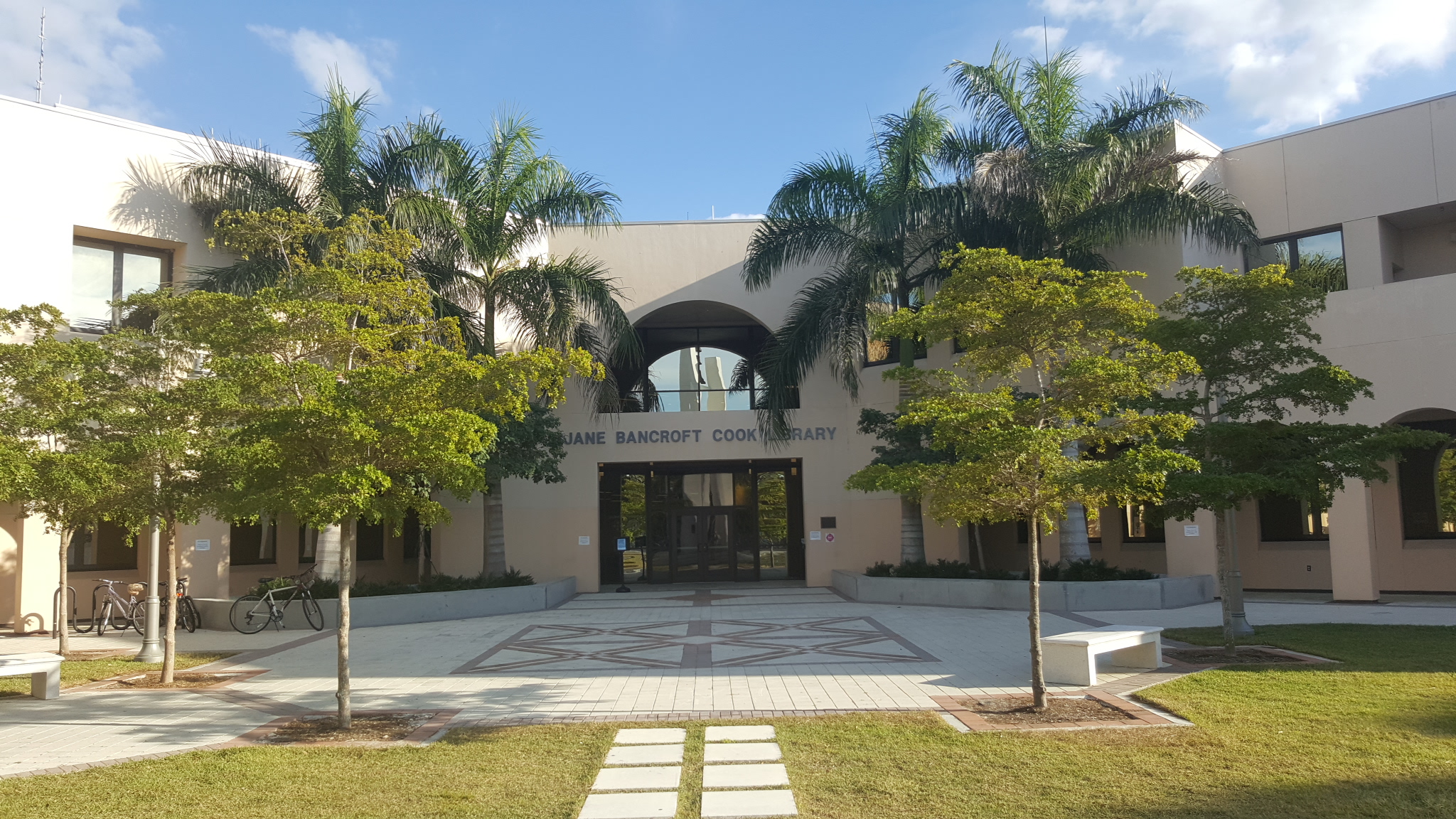When Professor Emeritus Doug Langston created the Langston Rule it was intended as a way to help thesis students finish their projects and examinations, by allowing up to two weeks after the end of the term to finish, without enrolling in the next one, and gave thesis students the option to apply for a waiver that allowed them to work on their thesis project without being enrolled for the semester. Although the grace period and petitioning process remains an option, a thesis-only contract is now available to students.
Thesis-only contracts are only available to students who have completed all graduation requirements and at least eight contracts. Transfer students will have to find out if they are eligible through the registrar’s office.
Provost and Vice President for Academic Affairs Suzanne Sherman clarified how this can benefit faculty.
“The Langston rule waiver which has, in the past, allowed some students to conduct thesis work with their thesis sponsor without actually being enrolled, depended on whether the thesis sponsor agreed with the plan,” Sherman said. “It meant that the faculty member would work with the student without the student being enrolled in a thesis tutorial, which is not really fair to the faculty member.”
The thesis contract is going into effect already as Dean of Studies Emily Heffernan confirmed it is available for the Spring 2021 semester and “several students have already been approved.”
Yet uncertainties remain, primarily with financial aid. Whereas students working under the Langston Rule generally did not have to deal with financial aid issues due to the fact that it allowed students to complete thesis work without actually being enrolled, thesis contracts will be different, for better or worse.
“One drawback of the thesis unit is that it may not be eligible for financial aid,” Sherman explained. “Each student has a different financial aid package, and whether their package will cover part-time enrollment at New College—which is what the thesis-only contract is—probably depends on what types of aid are in their package. Any student wanting to take advantage of the thesis only contract must consult with the Office of Financial Aid about how it would affect their payment.”
Given how different each student’s financial aid situation is, this aspect of the thesis contract definitely begs the question if it is truly an improvement on the Langston Rule in terms of accessibility. While the uncertainty of a petition getting approved may be resolved, taking its place may be the uncertainty of financial aid packages being able to suffice. Understandably, some students are concerned about this.
“How would this rule play into scholarships or bright futures? Is it considered part of the fourth year? How much are you proposing to charge people?” thesis student Charlie Leavengood asked. “Financial consequences mean that this will only encourage students who don’t have a lot of money or too much debt to push themselves, probably past their limits. Especially now in the pandemic. I’ve known so many people who needed this extra time and it would be incredibly disappointing to use economic incentives to hinder some students from following their own timeline.”
A personal testimony from Myles Rodriguez (‘16) offers more insight into how the Langston Rule allowed students to avoid these issues.
“My last year at New College was a clusterfuck in so many ways and it was really confusing,” Rodriguez said. “My first semester, I ended up staying at Dort, and it was really cool but also really expensive and it was not really sustainable for me to have to keep paying as much as I was paying. One thing led to another and I needed an extra semester just to do my thesis, I didn’t really have to do any other classes; all I really had to do was focus on my thesis.”
Rodriguez explained that the Langston Rule allowed them to not have to worry about signing up for courses or paying for housing, leaving more time and energy for their thesis.
“I found somewhere else to live and was able to complete my thesis and not have to pay for a dorm,” Rodriguez said. “It was way more sustainable for my mental health, my education and my wallet.”


Clarification: I was at the faculty meeting when we developed the so-called “Langston Rule.” The Langston Rule is in fact that you MUST be full-time enrolled to work w/faculty and access college resources (library, labs, etc.). What you are describing is a provost-authorized exemption to the Langston Rule, which extends the time beyond the 2-week grace period for completion of the thesis and bacc exam. So the thesis-only semester is a clear improvement over the Langston rule. The Provost Waiver is what most of the stories above are citing.